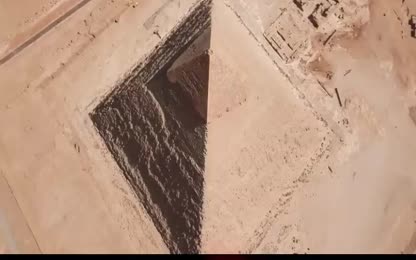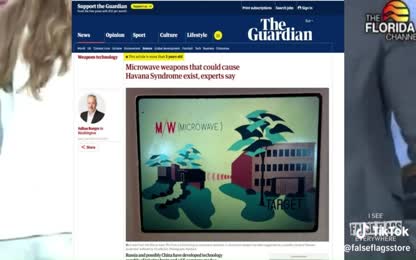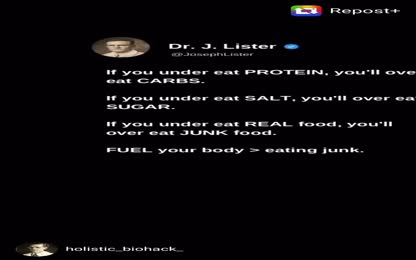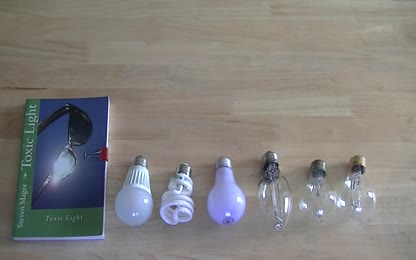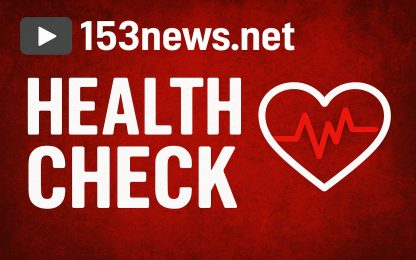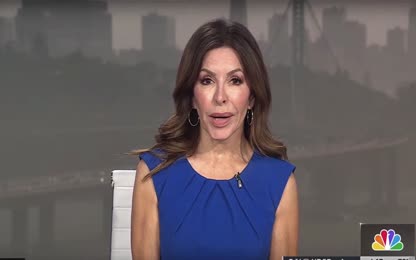Advertisement
NOLA Activists Confront City Hall RE: SMART METER Health & Environmental Safety
Sept 25, 2018, New Orleans City Hall. As talks of sustainable renewable cities are being sold to us by think tanks not unrelated to those pushing for predictive policing and other Orwellian gifts, two activists, including NOLAbutterfly ask the unspoken of question- WHAT of the HEALTH & ENVIRONMENTAL effects of adding more microwave radiation to an already over radiated field, especially when we see microwave heaters like DOPPLER RADAR STEERING the STORMS, and especially, after testimony from our dear Captain G that he was ordered to bring 5226 body bags to just outside of New Orleans, 11 days prior to Katrina making landfall?!?!?!?
- Category: 5G/Technology/EMF Electromagne,DEW, Directed-energy weapon,Microwave / Frequency
- Duration: 12:12
- Date: 2018-10-03 12:19:42
- Tags: smart cities, agenda 21, nwo, 5g, smart meters, nolabutterfly
3 Comments
Video Transcript:
So from what's happening in Barcelona and London and New York, the one thing that keeps coming up is smart cities is very different in every city because it's based upon each city's needs, right? And so what we're doing now is we're going to be really assessing what the needs of the community are from the lower nine, hollow, grown from the bottom of the park to Shakespeare park. This is not for tours. Tours will benefit from it certainly, but that is not why we're bringing smart cities here. It is to improve what it means to live and work in this city for the next 300. Have you all o'neill? Good morning. Good morning. So smart cities is a big blanket term and like you said in every city will have its own implementation of what works for them and what doesn't. What I am concerned as a representative of people in New Orleans who are having problems with smart meters and sensitivity, this is an AMF reader. I catch hundreds, thousands of times of spike on my cell phone. I feel sensitive to it. Other people are. There are people in Brussels, the scientists and doctors in Europe trying to slow down the rollout of 5G due to the health implications. We know there hasn't been, I think there hasn't been much in terms of the study to human health implications. There's been no mention here today. And that's probably should be the biggest concern when it comes to technology. You want to superwire this city. You're superwiring human beings too. And what are the environmental implications to adding to the microwave technology? We already have Doppler radar. And there is some mention that they might be interacting with the storms. Katrina went into 5 Doppler radars in a row. And we have testimony from Army captains that said the military knew about the New Orleans being a location was ordered to bring 5,226 body bags to New Orleans 11 days before Katrina may landfall. So there is a lot more to this conversation that I would love to see happen in. I'm all for integration and cooperation. I think some of the failures like the overeating of the meters was a systemic failure. And it might actually have been done deliberately, but that's my own theory. So what studies have been done regarding the health implications are people right now fighting to get the smart meters off their houses. I spend two months trying to make sure I didn't get a smart meter in my house. Will we be forced? Will we be able to opt out? Will we have safe zones for those who are sensitive to EMF radiation? Thank you. Thank you for weighing in. And I will certainly be adding. I'm sorry, Casra. What is that? The meter, what is that? The meter. You held up something. What is that? Oh, this is an EMF reader. And you lecture magnetic frequency reader. I can turn it on and put it up. It's supposed to be at 0.3. When you put it in a certain mode, it's here at 0.0.2. You can turn on my phone and at different times it gets spiked up to 30,000. At this point, it's not going to do anything. It's at 0. I never see it at 0. But we have documentation of it. And we have this is actually loaned to me by a woman who deals in the health field in New Orleans who herself is trying to get her smart meters removed. There are stop smart meters.org or dot com people in different cities that have experienced spikes in cancers or health things. It needs to be investigated at a greater level. And I don't know if we're so enthusiastic about rolling out something citywide. What are the health implications? Have we studied them? Have we studied it thoroughly without the bias and prejudice of industry and agenda? Thank you. Thank you for weighing in. Thank you. I'll weigh in and appreciate the passion. Again, I think that this just speaks to that architect invest implement approach. It's really that the easy part is hearing from industry, well intentioned, done their due diligence, original equipment manufacturers. My thing if you plug it in, that thing I was thinking of earlier was the plug and play mentality. I don't think you adopt that when it comes to grid. You have to take into consideration, yes, that critical infrastructure of the 17 16 that is known as health and how does IT impact it. It's one of the 16 that Department of Homeland Security defies. I think a starting point suggests and just throwing it out there spitballing is look at the 16 sectors that relate to citizens, health, transportation, manufacturing, you name it. And just say hey, we have to have conversations about these factors as we build out our city. And I think that's where we'll have the opportunity to use tools and frameworks like the cybersecurity framework, like grid modernization initiatives, work with industry to say, now here's a situation that we need to be prepared to respond to. What if? And that's just my off the cuff stream of consciousness thought process when it comes to architecting solutions, having a master strategy for a city. And I think my lesson learned after today is just hearing this is hey, I was involved with a lot of clean pointed out investment in technology for three agencies that I worked over for administrations in my 25 years. And there's always something out there that you just want to say if I get that silver bullet, I'm good. Though that isn't the conversation that should be happening. I believe in pilots, I believe in proofs of concept, you start there and then you deploy. You get a small subset of a group in a city that says let's test this out and you look at the impact it could have on the health sector. And then you're talking about that inclusive discussion and that's a strategy I would offer and suggest as you go down this path of impact on other sectors as we embrace next generation technologies. Thank you, Bri, that is much, much appreciated. Mark Holmes followed by Patricia Jones, followed by Andy Kowalski. And then Sophie Zake. Mr. Holmes. Sid Mark Holmes, yeah, yes sir. You'll be glad to know, even though I have four cards, I have a lot more questions than comments, so make it quick. As soon as I get this turned on, I can remember what I was going to talk about. Okay, so the first question has to do with smart grid, 5G implementation. And this may just be sort of a repeat of the last question, but I think that I have used computers since 1982. I use computers every day, more than one. I'm a huge fan of technology, so that is not where this is coming from. At the same time, I'm also a huge fan of human health, and especially the health of the underprivileged people here in New Orleans who already have health problems. My question is, we heard a lot of rhetoric just now for an answer, but I'd like to re-ask the question. Does anybody here actually familiar with a study which has been done relative to the human impact of high frequency and high density 5G antenna arrays, yes or no? And tell me about that study. I'd like to hear about it. That's question one. What would you ask all four of them, or you make your statements first while you have the floor and your time's running? Oh, I'm sorry, I thought I was supposed to go one at a time now. I'm sorry. Okay, I just don't want to skip that one later, is that cool? I mean, you got a minute 30 going, I don't want you to lose your time, and we'll go from there. Okay, the card said one minute per and five totally, right? So the second question has to do with the fusion centers. Mrs. Lamb isn't here anymore, but a while back she wrote a story for the World Bank related to Ray Nagan, believe it or not. And it was called naughty governors. I mean, naughty mayors was the name of it. So my question is, Palantir was a big part of smart policing here in New Orleans. And I don't have a chance to ask her if Palantir had a role in Georgia Tech and smart technology and smart cities in terms of their predictive policing. But I am curious about the status. Since she's on your answer, I'm curious about the status of Palantir and their fusion center here in New Orleans. Is it still active or are we still paying for that? No, that was a contract by the last administration. To my knowledge, there's no engagement between this mayoral administration of Palantir. God, that was an easy answer. Okay, thank you. I can skip the other one because it has to do with accidentally picking up people who really aren't committing crimes with fusion centers. I'm the senior. We're not doing that. Okay, so the last question has also to do with ownership of this smart city. This is a great comment earlier, is that we have common ownership of the infrastructure of smart cities properly because it's part of what makes all of us together combined in smart ways. The question that I have is, and maybe it's a re-iteration, but is there a methodology or a mechanism or a process through which a person can opt out of some of this technology, for example, a smart meter. That's just, for example, and that's pretty much it for me if we can cover those two or three that were still on the table. Thank you very much. Absolutely, and I appreciate you for weighing in and I appreciate those questions. We are at the creation and information gathering stage of our smart city initiative. We do have AT&T in the room. We do have ENJOY in the room. I'm hoping as we move forward on meetings, we will have someone from public works who's here to listen as well. Listen to you all. Listen to the presenters. Our master plan process will take into effect all the sixing sectors that be brought up and we'll look at the health implications of anything that we would allow in the city. Nothing is rolling out tomorrow. All of these concerns are valid and will be researched thoroughly before we move forward and I would imagine as in any American city, nothing will ever be forced on anyone's property or anyone's residence. There should always be a mechanism for opting out. That's clearly American. I appreciate you weighing in. Our next speaker is Patricia Jones. Thank you Mark. Followed by Andy Kowalski.

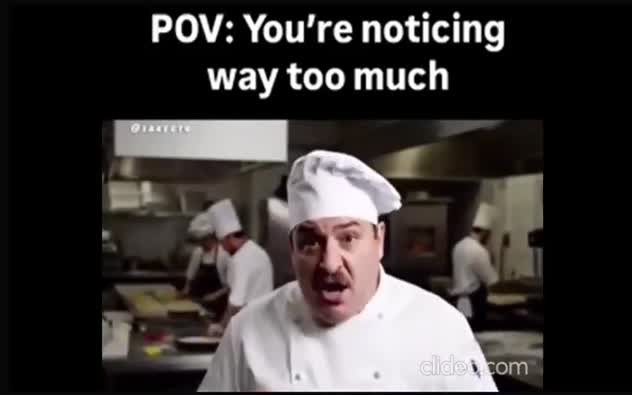








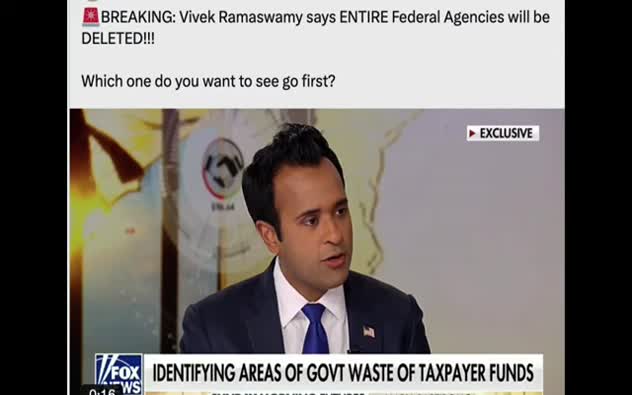
 Donate
Donate